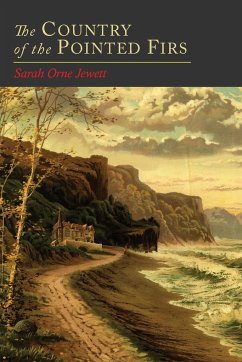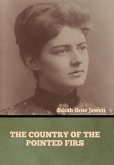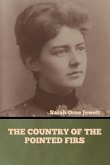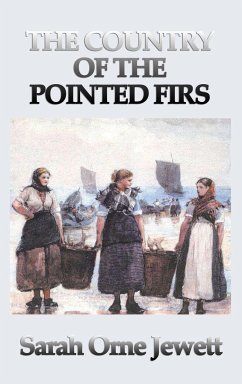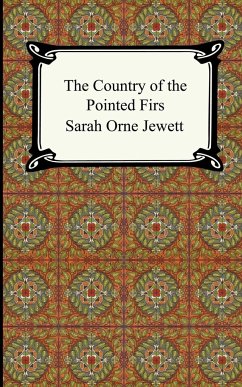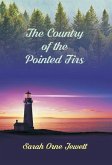2015 Reprint of 1896 Edition. "The Country of the Pointed Firs" is an 1896 short story sequence by Sarah Orne Jewett which is considered by some literary critics to be her finest work. Henry James described it as her "beautiful little quantum of achievement." Because it is loosely structured, many critics view the book not as a novel, but a series of sketches; however, its structure is unified through both setting and theme. The novel can be read as a study of the effects of isolation and hardship experienced by the inhabitants of the decaying fishing villages along the Maine coast.

